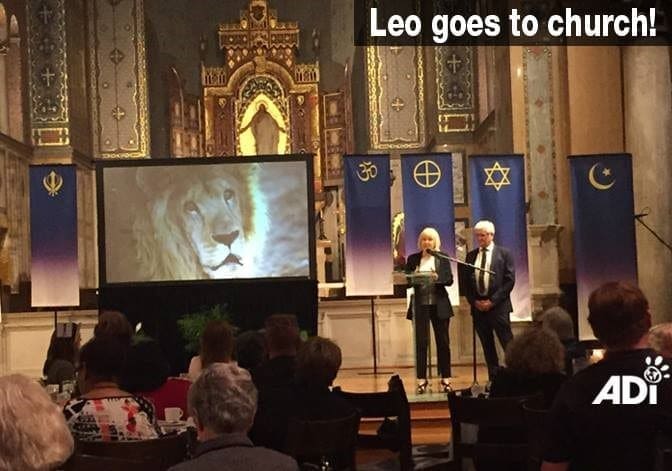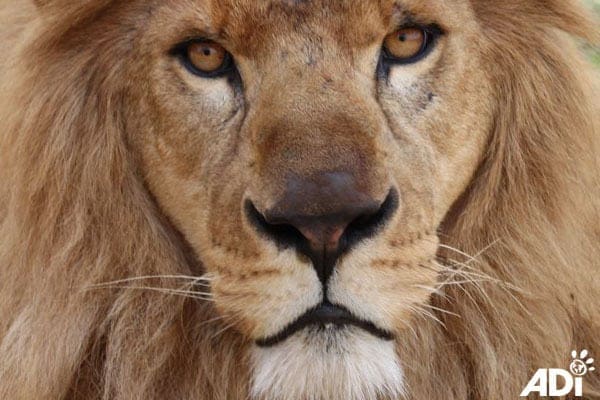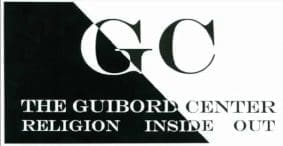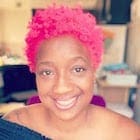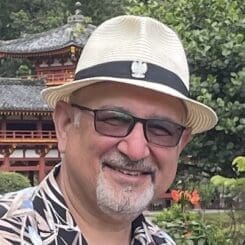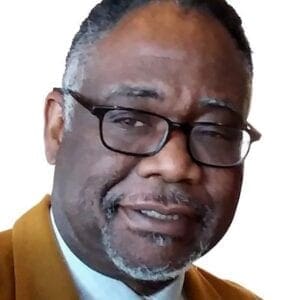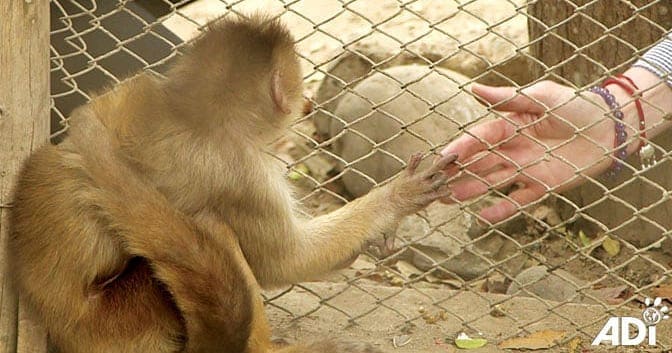
Partnership with Animal Defenders International
The Guibord Center’s Strategic Partnership with Animal Defenders International (ADI)
People of faith join with ADI to address animals and their treatment from a spiritual perspective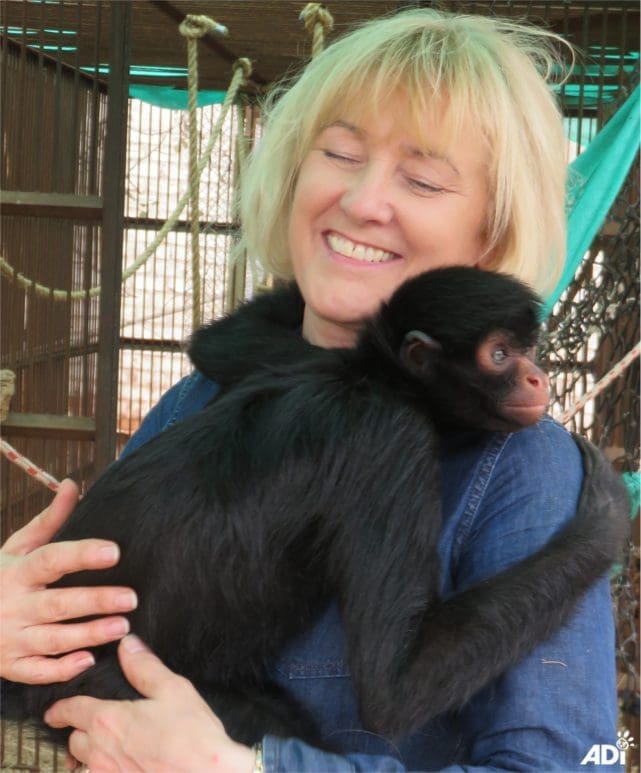
The Guibord Center is partnering with Animal Defenders International to add the voice of faith leaders to their efforts. Our goal is to help people understand that animals are part of God’s Creation, and as such they deserve compassion and respect. Together, we have produced a short film and public service announcement addressing the treatment of animals from a spiritual and religious perspective.
At the heart of every faith tradition lies the mandate of compassion: “Love God, and show that love by loving one another.”
Children often learn about relationships by observing how the animals around them are treated. When they see animals treated with kindness and respect, they learn to treat others with kindness and respect. But when they witness inhumane or cruel treatment of animals – as objects of entertainment, vanity or profit, instead of as living beings – they learn to treat others with the same disregard.
Animal Defenders International (ADI) is globally respected as a premier organization seeking to end animal suffering by addressing a broad spectrum of abuses. These include capturing, caging and using wild animals for entertainment in media, circuses, or sport; raising, trapping and killing animals for vanity use such as fur or skins, trophy hunting or poaching; unnecessary testing for cosmetics, medical research and product safety; or any activity that abuses or injures wild or domestic animals, including food production.
In working to end these abuses, ADI uses undercover work, exhaustive research, public education, and strategic campaigns that include changing public policy, helping to craft new laws and cooperating with governments in complex rescue operations to re-home animals.

